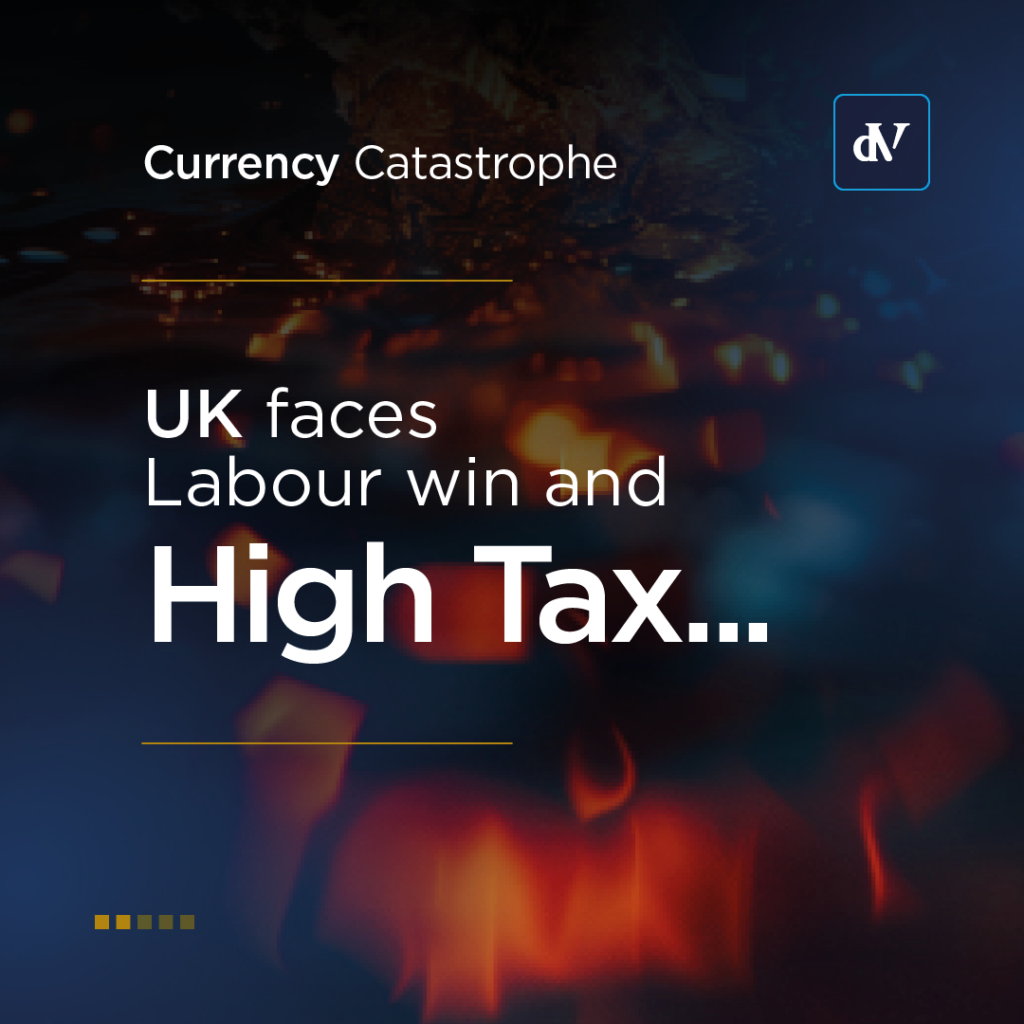A small market relief rally on Monday following Iran’s 300-strong missile and drone strike on Israel at the weekend does not mean investors can sit back and relax.
This is the stark warning from Nigel Green, CEO of one of the world’s largest independent financial advisory and asset management organisations, as financial markets across the globe brace for Israel’s response to the Iranian attack, which further fuelled tensions across the Middle East.
He comments: “US stock futures pushed higher on Monday after the Dow Jones Industrial average had its worst week of the year last week.
“Gold futures retracted a touch to trade at $2,360 an ounce, and oil prices were slightly lower.
“There seems to be an element of a slight relief rally because, so far at least, Israel’s Netanyahu appears to be following US President Joe Biden’s instruction not to retaliate and risk escalating the situation even further.
“However, the situation remains highly volatile and investors who are serious about protecting and growing their capital cannot now just sit back and relax.”
Besides the obvious and deeply worrying humanitarian crisis that is continuing to grow, one of the main areas of concern for investors, is that the Middle East, including Iran, is home to a significant portion of the world’s oil reserves, making it a critical player in the global energy market.
Any disruption in oil production or transportation due to conflicts in the region will have profound implications for energy prices worldwide. We have already seen prices surge in recent weeks.
“As we’ve seen, the mere possibility of such disruptions often leads to volatility in oil prices, which, in turn, cascades into broader market fluctuations.
“For investors, especially those with exposure to energy-related assets, or industries sensitive to oil prices, such as transportation and manufacturing, these fluctuations represent a direct threat to their portfolios,” says the deVere Group CEO.
Oil is the lifeblood of the global economy, serving as a primary source of energy for transportation, manufacturing, and various other industries. Virtually every sector of the economy relies on oil in some form, making it a fundamental commodity that underpins economic activity worldwide.
As such, the fluctuations in its price can have ripple effects across financial markets, impacting investor sentiment, corporate profits, and consumer spending.
Oil prices also have a direct impact on inflation, as they affect the cost of goods and services throughout the economy. Central banks closely monitor oil prices when formulating monetary policy, as changes in inflation expectations can influence interest rates and economic growth prospects.
“With, sadly, no end in sight just yet for the tensions to cool significantly in the region, global investors will be seeking refuge in sectors that are less sensitive to geopolitical risks or that may even benefit from such situations,” says Nigel Green.
“These are likely to include defence, energy, healthcare and infrastructure.”
Investors should conduct thorough research, diversify their portfolios, and consider their risk tolerance and investment objectives before making any investment decisions. Additionally, consulting with a financial advisor will provide personalised guidance based on individual circumstances and market conditions.
The deVere CEO concludes: “While a short-term relief rally may offer temporary respite, the underlying risks persist, underscoring the imperative for investors to remain vigilant, diversified, and adaptive to safeguard and to build wealth.
“This is not a time for complacency.”



